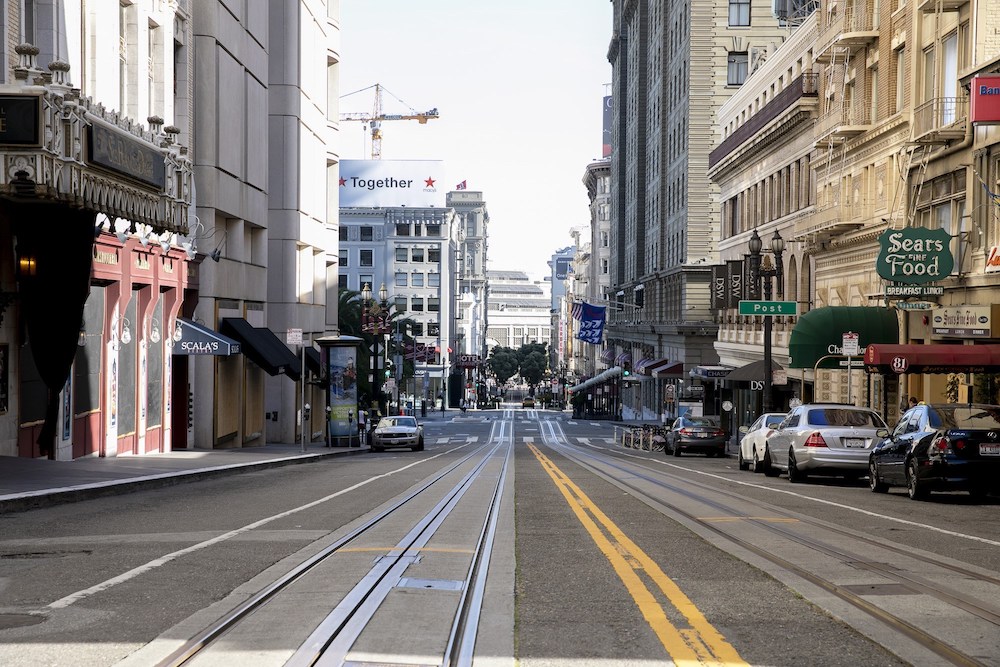Many tech employees may never return to their offices in San Francisco or Silicon Valley as jobs go and stay remote, presaging a massive political and cultural shift as workers flee from crowded, expensive cities to quieter, cheaper parts of California.
Two-thirds of Bay Area tech workers would consider leaving the region if they had the option to work remotely. And many do — Twitter, Square, Coinbase and other tech giants recently announced most employees could work from home forever. Meanwhile, two-thirds of Sacramento residents said they want to work from home at least twice a week even after the pandemic ends. And wealthy Californians are leaving San Francisco and Los Angeles and snapping up estates in Napa, Pebble Beach and Lake Tahoe.
- Stacey Heuser, who recently moved with her family from Los Angeles to Ojai: “There are stories you tell yourself about why you pay exorbitant prices to live in a certain place, but what do you actually like doing on a weekend?”
But while the state’s digital transition could expand opportunity to those outside traditional coastal job hubs, it could also shut out the 36% of Californians — primarily in rural and low-income households — without broadband access at home, as well as essential workers, who are primarily Black and Latino.
- Lili Gangas, the Kapor Center’s chief technology community officer, in a livestreamed conversation with CalMatters: “It’s an economic issue and it’s a civil rights issue because the way that the services have avoided certain zip codes is not by accident, it’s by design.”
As cities grapple with depleted revenues and closed cultural institutions, bars and restaurants, many are trying to revitalize city life through “streeteries” — outdoor dining in parking lots and roads — and “slow streets” encouraging bicyclists and pedestrians.
- San Francisco Metropolitan Transit Authority director Jeffrey Tumlin: “The complaints (on Slow Streets) are about, ‘Why haven’t you done this in my neighborhood yet?’”
The coronavirus bottom line: As of 9 p.m. Tuesday night, California had 400,769 confirmed coronavirus cases and 7,755 deaths from the virus, according to a CalMatters tracker.
